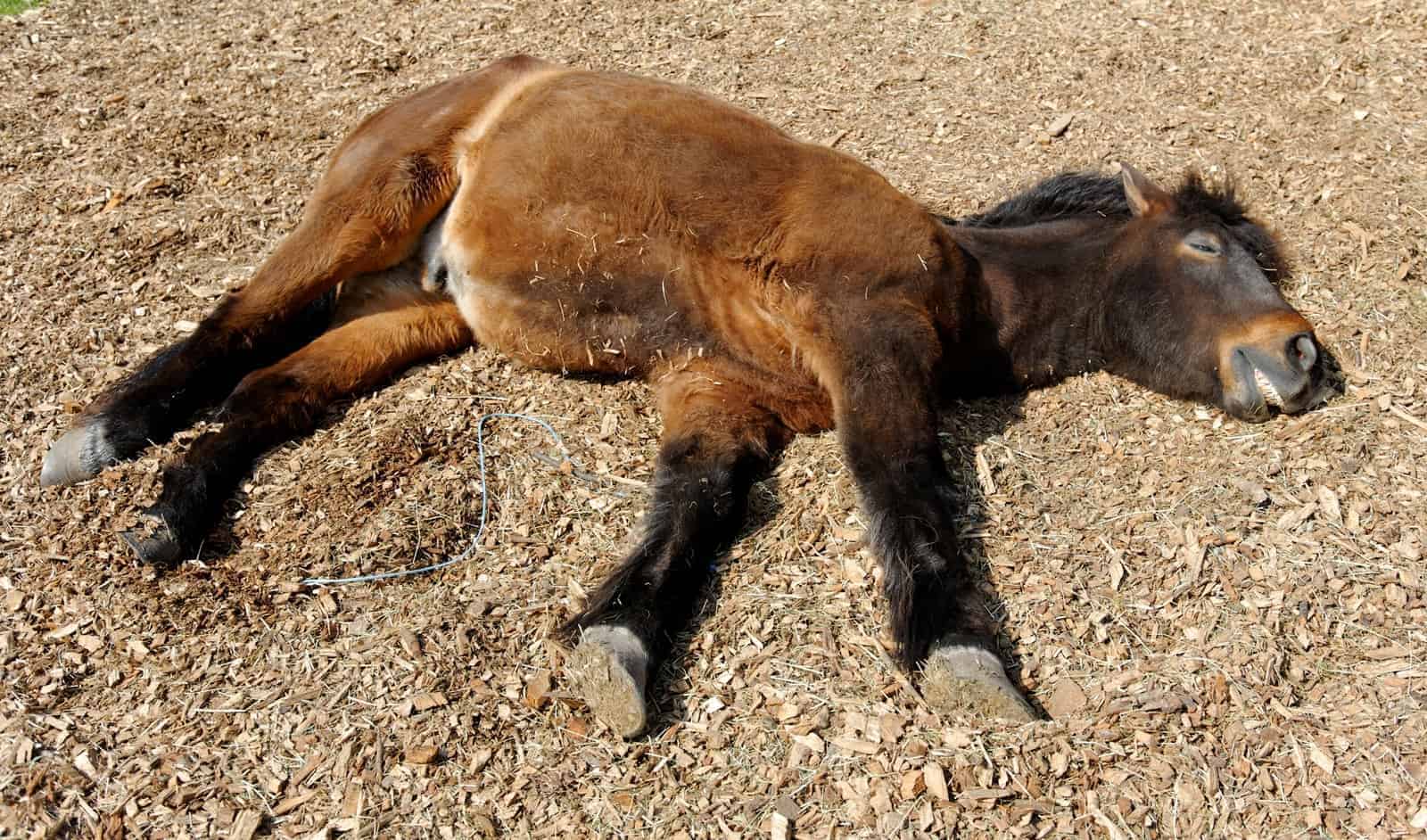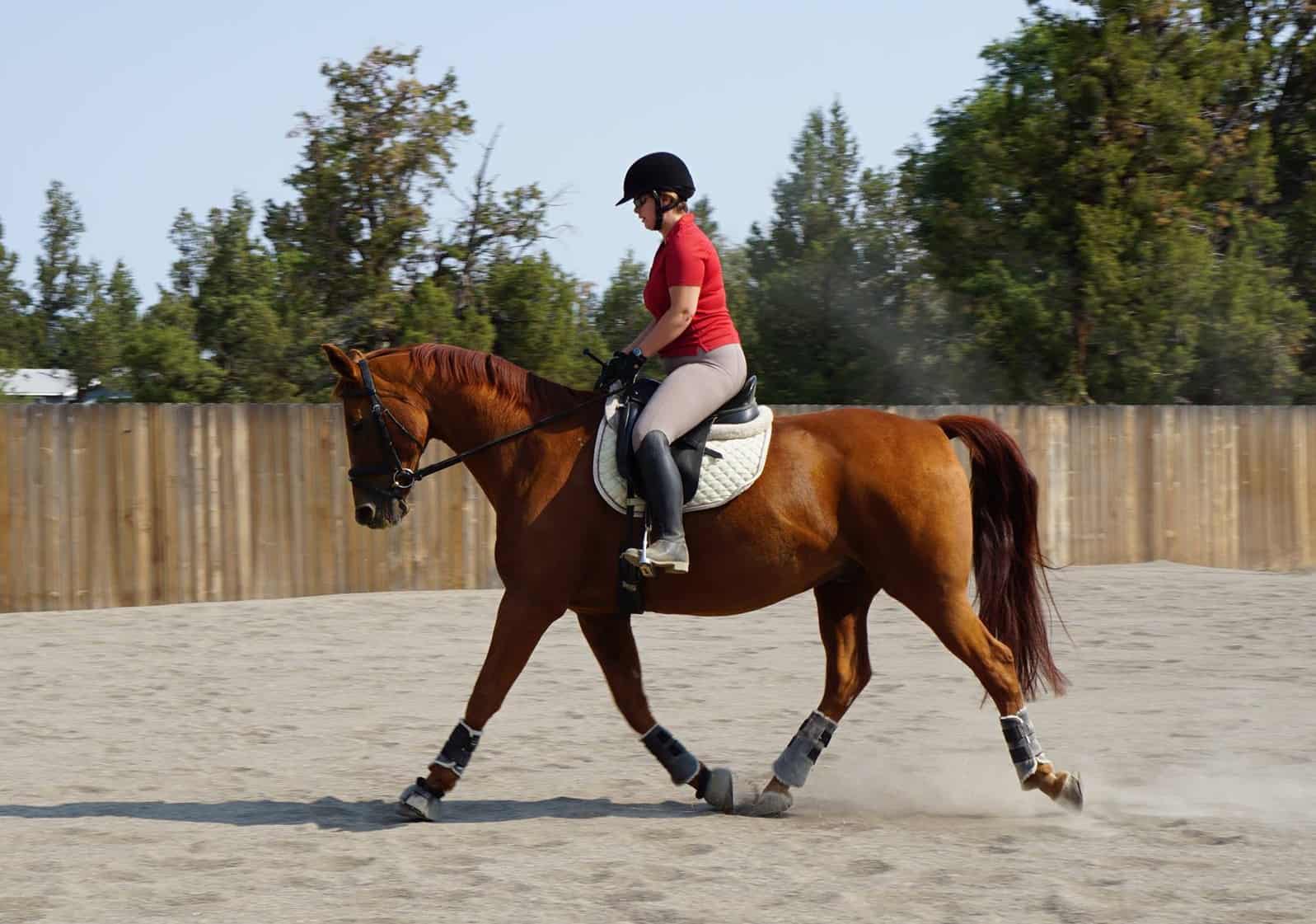Best Practices for 20 Minutes of Equine Field Anesthesia

A board-certified veterinarian anesthesiologist with 35 years of experience, Hubbell presented his recommendations in a lecture at the 2013 American Association of Equine Practitioners’ Convention, held Dec. 7-11 in Nashville, Tenn.
Any time veterinarians put animals under anesthesia, there’s risk involved, Hubbell said. But for horses the possibility for problems is greater than it is for other species. For example, it’s estimated that one out of 100 horses might die under anesthesia, he said; in comparison, only one out of 1,000 dogs or cats die under anesthesia.
To minimize or identify risk prior to surgery, Hubbell stressed to the veterinary audience that they should complete blood work (prior to day of surgery), collect a full patient history, and perform and record a physical exam prior to anesthesia induction. “Preanesthetic blood work does not need to be extensive for short procedures,” he said
Create a free account with TheHorse.com to view this content.
TheHorse.com is home to thousands of free articles about horse health care. In order to access some of our exclusive free content, you must be signed into TheHorse.com.
Start your free account today!
Already have an account?
and continue reading.

Written by:
Michelle Anderson
Related Articles
Stay on top of the most recent Horse Health news with















